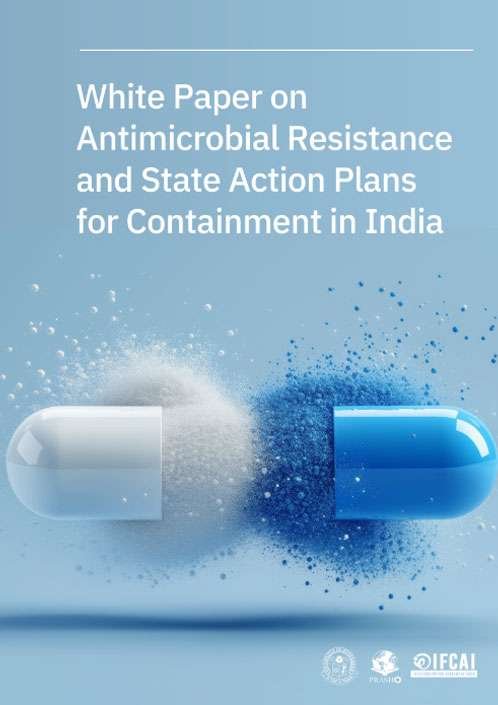Antimnicrobials, including antibiotics, antivirals, antifungals, and anti-parasitic drugs, are essential for
preventing and treating infections in humans, animals, and plants. However, antimicrobial resistance
(AMR) develops when pathogens like bacteria, viruses, fungi, and parasites evolve and no longer respond
to these medicines. As a result, infections become harder or impossible to treat, leading to an increased
risk of disease spread, severe illness, and higher rates of disability and death. While AMR is a natural
process driven by genetic changes in pathogens, human activities, especially the overuse and misuse of
antimicrobials in healthcare, agriculture, and animal farming accelerate its spread. Therefore, AMR has
long range of consequences, as it diminishes the effectiveness of drugs that are vital to treating
infections, and it complicates efforts to prevent and control diseases globally.


